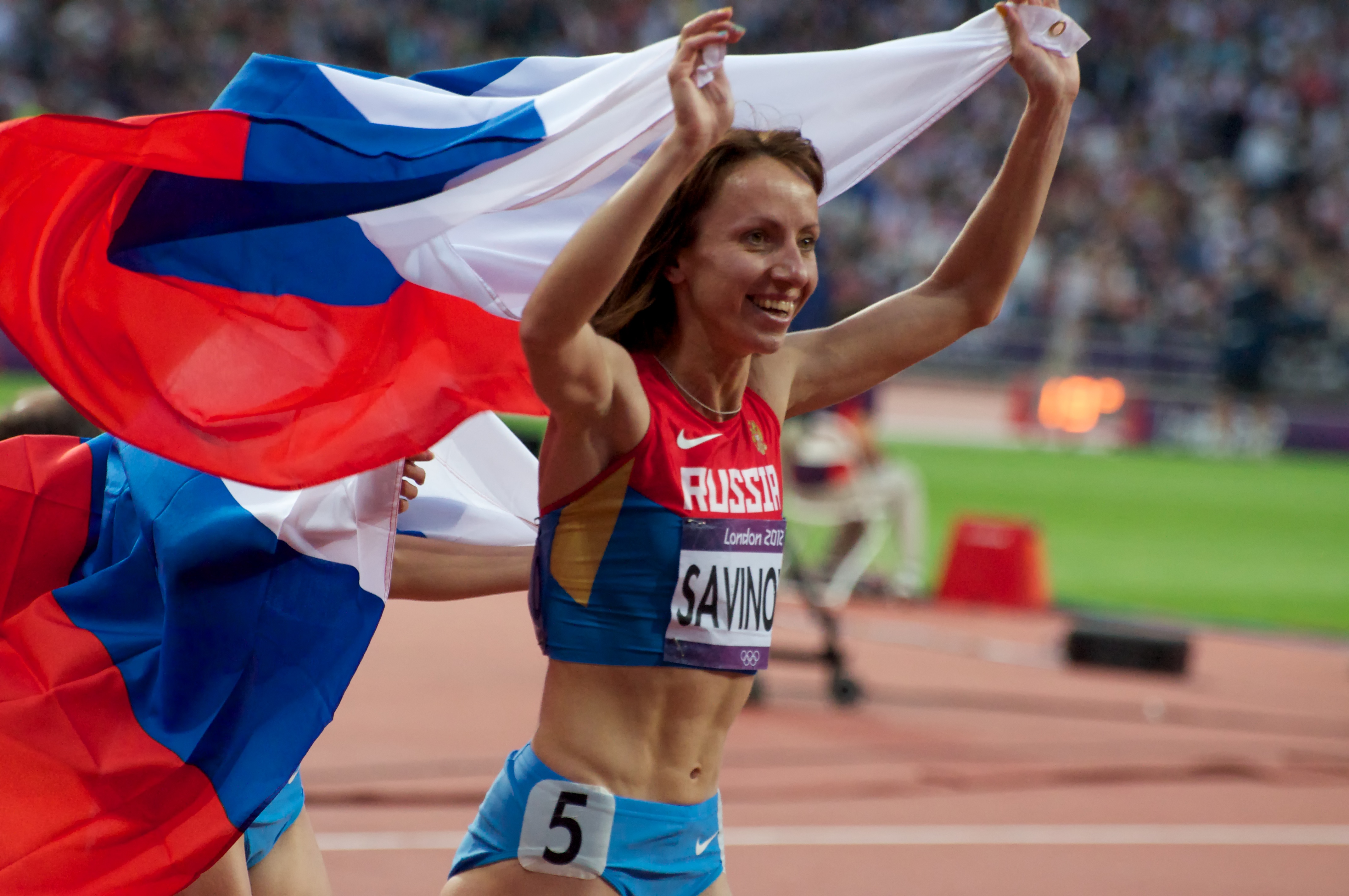By Zack Peñalva, Sports Editor
The International Association for Athletics (IAAF), the governing body over track and field, has, at least temporarily, suspended Russia from all international competition. This comes in light of the 323-page report released by the World Anti-Doping Association (WADA) that detailed widespread use of illegal performing enhancing drugs among some of Russia’s top athletes. The IAAF’s decision could rule Russian athletes out of the World Indoor Championships, as well as the upcoming Olympic games in Rio de Janiero. It’s a move that is unprecedented in its severity, but has some officials asking if harsher punishment is needed.
This corruption of the sport went much deeper than one or two athletes trying out substances in the hope to get an edge. Mariya Savinova, the gold medal winner for 800 meter in the 2012 Olympics, admitted during a recorded session to taking banned substances. While an athlete admitting to doping is one thing, the report showed that athletes weren’t alone. WADA showed that Savinova, like other Russians involved in the scandal, had teams of coaches and doctors that would make sure her test results were always covered up.
And the corruption doesn’t stop there. The former president of the Russian track federation, Valentin Balakhnichev was found by WADA to have knowingly ignored and hidden the fact that his athletes were taking banned performance enhancing substances. On top of that, the former president of the IAAF, Lamine Diack, is under investigation after he is alleged to have taken bribes from Russian officials in order to make sure test results were covered up for Russian athletes.
With a tale of corruption and muck this deep, it’s easy to see how some officials believe that more needs to be done by the IAAF in order to preserve the integrity of the sport. In an interview with BBC Radio, Ed Warner, the chairman of UK athletics, went as far to say that a full out ban from Rio would be a step in the right direction. “If you’ve got to have pain in Rio to ensure Tokyo [site of the 2020 Olympics] is clean, so be it.” said Warner. Backing up his claim that that Russia’s state-sponsored doping is too severe to fix before the upcoming 2016 Olympics or the 2016 World Championships is former Soviet gold-medal winner Olga Korbut. Korbut said in one interview with the BBC that the only real solution was to make sure that everyone from the athletes to the coaches changed.
On the other hand is Thomas Bach, the president of the International Olympic Committee. Russia plays a major financial and prestigious role in the Olympics and their absence would be a huge problem. Bach has already gone on record saying that he believes Russia can solve its problems in time for the Olympics in Rio.
While Russia looks to fix the problem, it may be too little too late to salvage there chance in competing on the world stage for the next few years.



